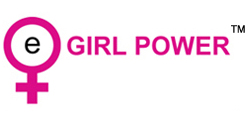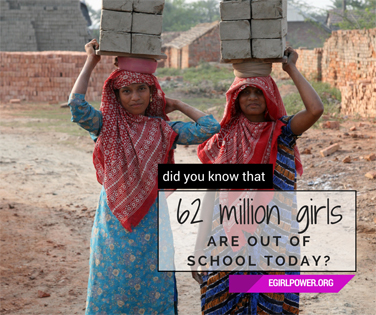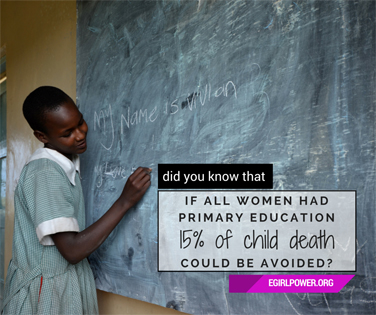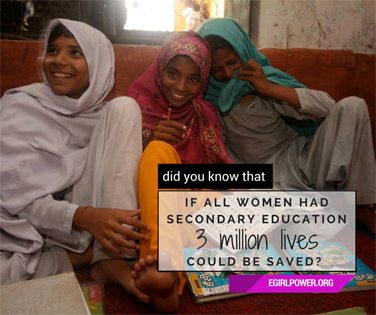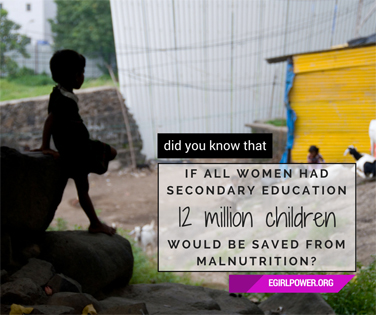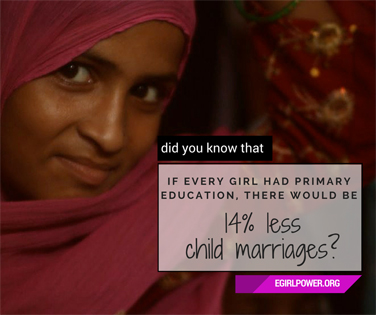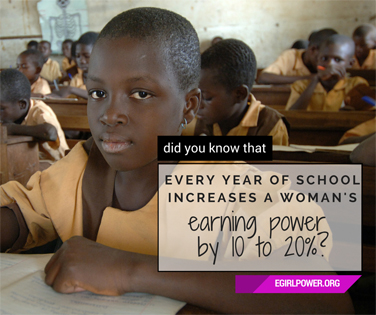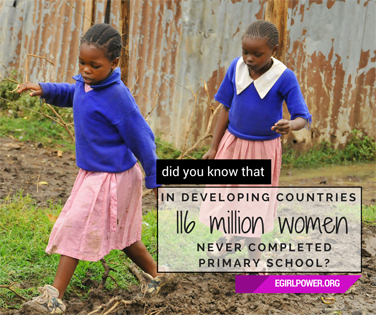- /Home
Why It Matters
The Stats
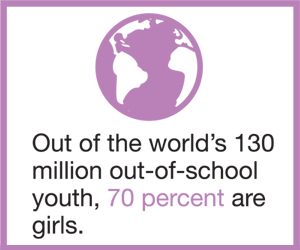
Girls Out of School
31 millions girls of primary school age are not in school. If all women had a primary education:
- • there would be 15% fewer child deaths
- • 1.7 million children would be saved from stunting from malnutrition
34 million female adolescents are not in school. If all women had a secondary education:
- • child deaths would be cut in half, saving 3 million lives
- • 12 million children would be saved from stunting from malnutrition
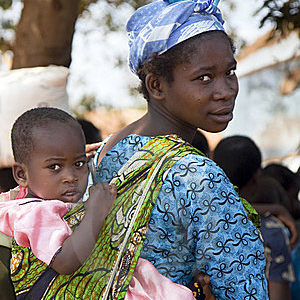
If all mothers completed primary education, maternal deaths would be reduced by two-thirds, saving 98,000 lives.
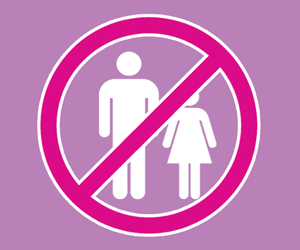
Stop Child Marriage
82 million girls between the ages of 10 and 17 will be married before their 18th birthday.
When girls in the developing world receive seven or more years of education, they marry four years later and have two fewer children.
If all girls had a primary education, there would be 14% fewer child marriages.
If all girls had a secondary education, there would be two-thirds fewer child marriages.
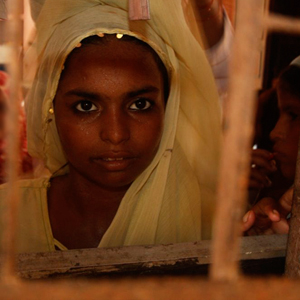
If current levels of child marriages hold, 14.2 million girls annually or 39,000 daily will marry too young.

Earning Power
In developing countries, 116 million young women ages 15-24 never completed primary schools and therefore lack vital skills for work.
Every year of school increases a girl’s earning power by 10 to 20 percent.
The return on secondary education is even higher, up to 15 to 25 percent.
Educated girls are powerful agents for social change— who increase their country's productivity and fuel economic growth.
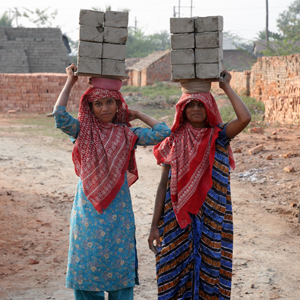
Girls without access to education are usually forced to marry at young ages or forced into child labor.
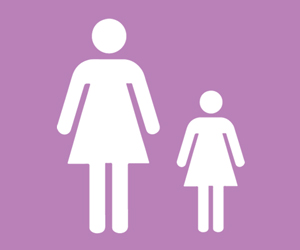
INTERGENERATIONAL IMPACT
Educated women are healthier, have fewer children, and provide better health care to their children.
Educated women are also more likely to send their children to school, breaking the intergenerational chain of poverty.
Education can change the future of millions of girls
Help them rewrite their future.
